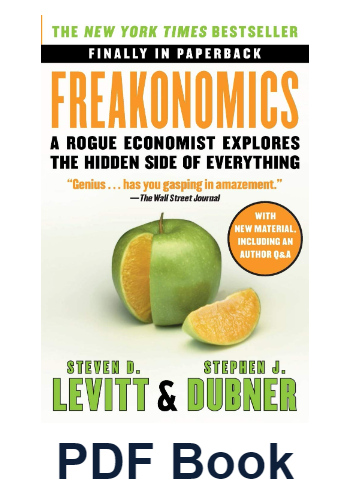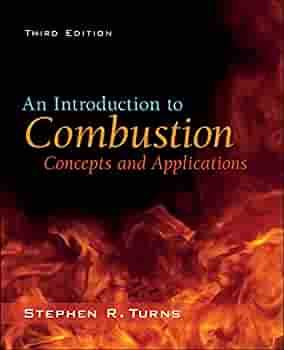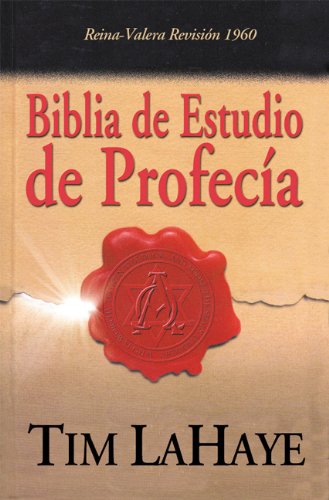Freakonomics PDF
The idea of incentives is the fundamental concept of the book. Everything in the world is run by incentives. From decision-making to parenting, every outcome is defined by the number of incentives you put against them. How does your decision affect the life of your surroundings is also stated vividly in this book by using various stories, data analysis, and numerous amount of anecdotes.
This was the first book from the economist Steven D. Levitt, which Stephen J. Dubner co-authored. The book was a great success internationally, 4 million copies were sold all around the globe. The book has been used as teaching material in many microeconomics schools ever since.
For a slender conception of the book, keep reading the article.
Book details
| Book Name | Freakonomics |
| Author | Steven D. Levitt |
| Language | English |
| Publisher | William Morrow |
| Genre | Non-fiction |
| Pages | 339 |
| Size | 1.36 MB |
| Format | |
| Originally Published | April 12, 2005 |
Freakonomics PDF
Freakonomics-PDFSummary of the book
A renegade economist investigates the dark side of everything., if anyone asks to summarize the whole book in a single line, this would be the summary.
Chapter 1
The chapter mainly talks about incentives. In economics, every single decision anyone makes is derived from incentives. The writer gave the examples of Chicago Public Schools and Sumo wrestlers to prove the point that every random decision is incentivized.
The teachers of the Chicago Public Schools were incentivized to change their students’ test scores so that, they don’t get fired for poor teaching conditions.
Again, the writer describes, how a sumo wrestler is incentivized by bribes to let the match down and allow their opponents to win.
Chapter 2
This chapter shows the information asymmetry between the real state agent and their clients. The writer linked the phenomena with the Ku Klux Klan.
A man named Stetson Kennedy infiltrated the KKK in 1940 and revealed their secret information for which the general public feared them. Stetson Kennedy erased that informational advantage. In the same way, the writer suggests, real state agents use the informational advantage against their consumers. The agents sell houses at a lower price than the actual worth because they know, they are not gonna get anything from the seller by selling the house at a higher price.
Chapter 3
The chapter is titled, “why drug dealers still live with their moms?” There’s a myth that every drug dealers are rich. But in this chapter, Steven D. Levitt denies that by proving similarities between drug dealers and business corporates.
The writer shows that whether drug dealing or any corporate business, the people who sits at the top makes all the money. and the vast majority that is working under them are making barely enough for their livelihood. This raises a fundamental question that after all these, ‘why are they still working for the Kingpins?’ The answer is simple, to make it to the top one day.
Chapter 4
In this chapter, the writer offers a mind-blowing theory about, why there was a sudden drop in crime rates after the mid-1990s.
Levitt’s theory in this regard was, in 1973, the Supreme Court of the USA decriminalized abortion in the verdict of a landmark case Roe vs Wade. For that sole reason, many low-income, low-education, and teenage mothers were able to take advantage of the situation and able to abort the unborn. Otherwise, the children would grow up unwanted and impoverished which would lead them to the path of crime. And now, 20 years later the crime rate was dropping because the children were never born.
Chapter 5
Here, the writer talks about parents’ obsession to make their children succeed in the future, but Levitt shows here that the success rate of most of the children was pre-defined by the economical condition of the parents. The likelihood of success is substantially higher. for the children whose parents are rich.
Chapter 6
The aristocratic family name doesn’t affect a child’s success or failure. It is just a matter of the status and economic condition of the parents.
This chapter discusses how a surname originates from a high-income family and ends up being unpopular.
Common knowledge or conventional wisdom is full of misinterpretations. Freakonomics suggests the audience to think critically about everyday occurrences by applying the tools and conception of economics and not relying much on common knowledge.
If you love being logical with everything then you must read the book.




